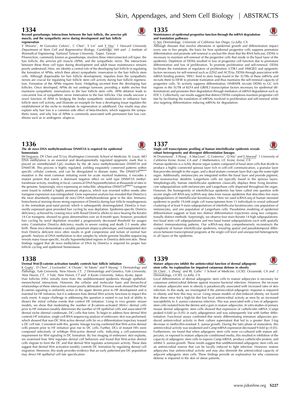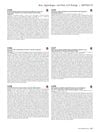Mature Adipocytes Inhibit the Antimicrobial Function of Dermal Adipogenic Stem Cells: An Explanation for Impaired Cutaneous Defense in Obesity
April 2018
in “
Journal of Investigative Dermatology
”

TLDR Obesity can weaken the skin's ability to fight infections because fat cells stop and reduce the infection-fighting properties of nearby stem cells.
In the 2018 study, researchers explored the relationship between obesity and increased rates of skin infection, focusing on the role of dermal adipogenic stem cells and mature adipocytes in cutaneous antimicrobial defense. They found that diet-induced obesity in mice led to a decrease in antimicrobial activity, evidenced by a higher susceptibility to S. aureus infection. This was linked to a reduction in dermal adipogenic stem cells and an increase in mature adipocytes. In vitro, they observed that cathelicidin mRNA expression and antimicrobial activity were highest during early adipogenesis but declined as differentiation progressed. Moreover, mature adipocytes inhibited the antimicrobial function of co-cultured adipogenic stem cells. These results suggest that while undifferentiated adipogenic stem cells serve as an antimicrobial reserve, mature adipocytes not only lose this activity but also impair the antimicrobial capacity of nearby stem cells, providing an explanation for the impaired cutaneous defense seen in obese individuals.



